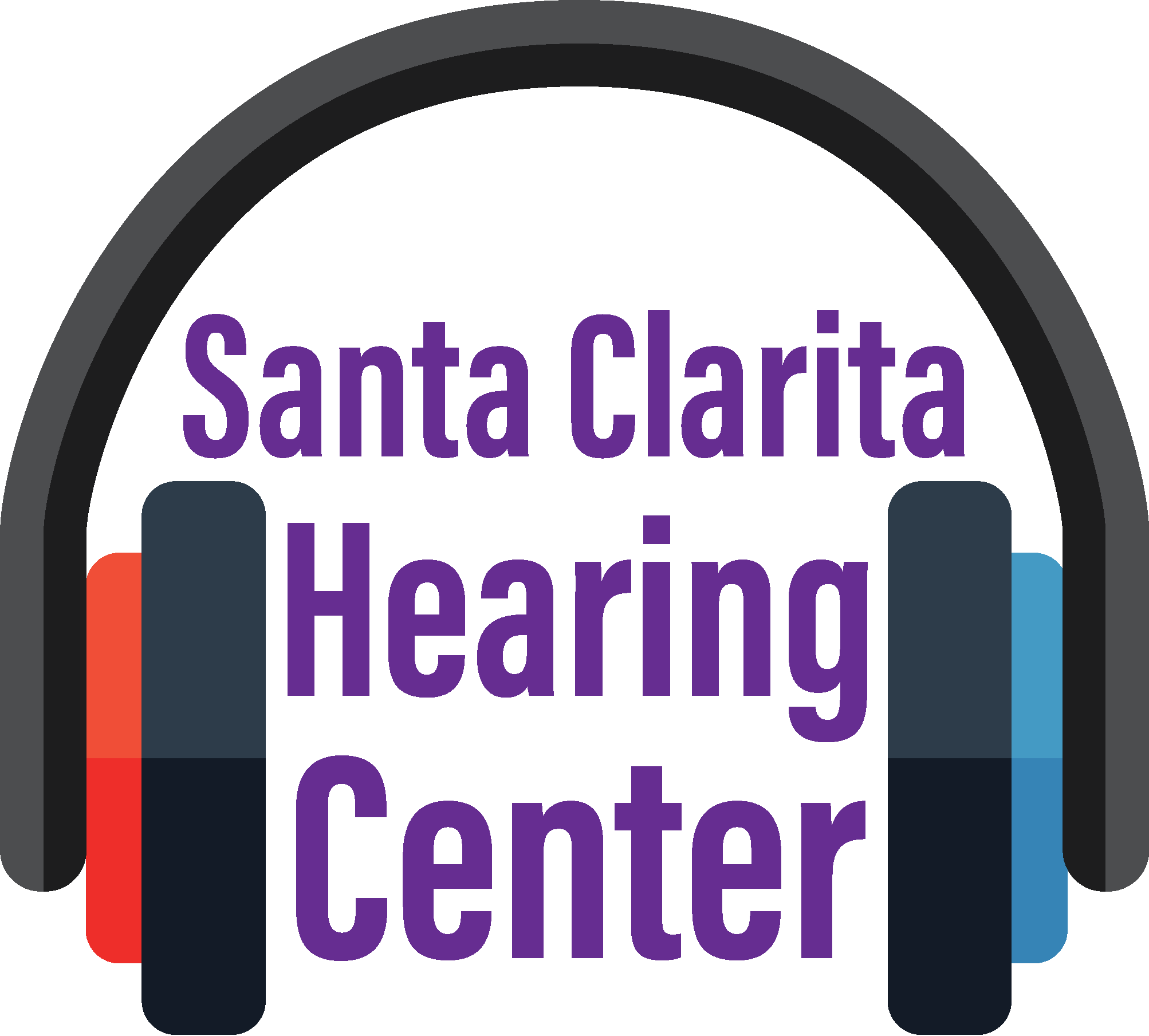Your first appointment with us is an important opportunity for us to get to know your needs, concerns, and hopes for long-term results. Prior to seeing one of our specialists, you’ll be asked to complete a new patient intake form, which requests personal information, like:
- Information on any injuries or trauma
- Exposure to loud noises
- An overview of your medical history
- Any medications you may be currently taking

We then start by checking the inside of your ears to ensure they are clear and healthy. Any ear wax blockage or abnormalities could be contributing factors to your hearing impairment, so it’s helpful for our professionals to rule out these possibilities before beginning your hearing test.
We’re proud to offer our patients the latest technology when it comes to your hearing test. We’ll ask you to put on a pair of specialized headphones and we will play a variety of sounds that range in frequency and volume. By raising your hand each time you hear a sound emitted, it allows us to better understand which tones you are able to clearly hear and which ones you cannot. Since hearing loss presents itself in a variety of ways, this information will paint an overall picture of the best types of treatment for your specific needs.
- Air conduction and bone conduction testing
- Speech testing
- Distortion product otoacoustic emissions (DPOAE) testing
- Auditory brainstem response (ABR) testing
- Tympanometry or acoustic immittance testing
After completing a series of tests, our professionals will sit down with you and discuss your results. You can feel confident that each element of your hearing loss will be explained in detail, as your understanding of this information will largely impact the hearing loss treatment plan that you select. Details including the type and degree of your hearing loss will be clearly explained and you’ll have an idea of how often you may be missing the sounds around you.
Our team is always here with an open-door policy and we welcome any and all questions as you get used to your devices. We recommend follow-up visits as well as regular maintenance for your hearing aids in order to achieve the best results possible. Click here to learn more about our fitting process.

